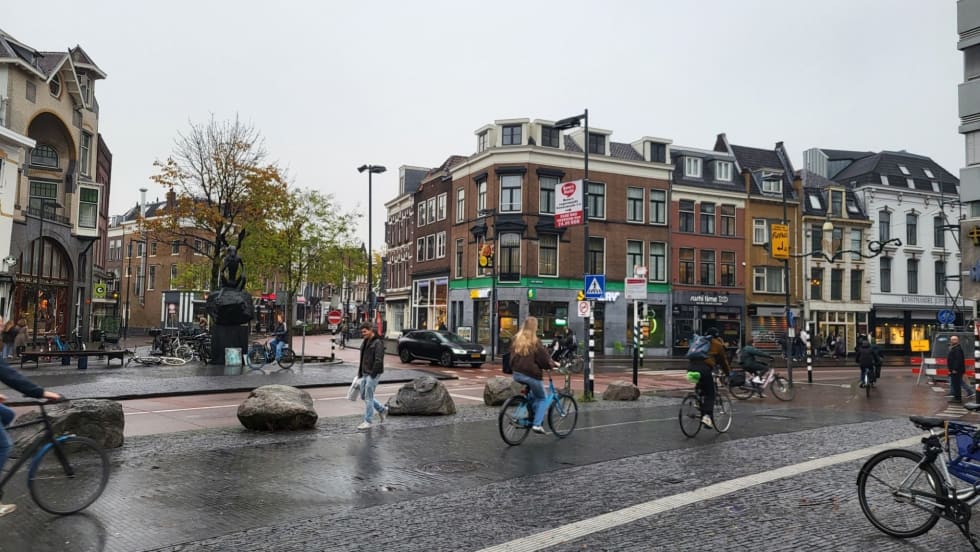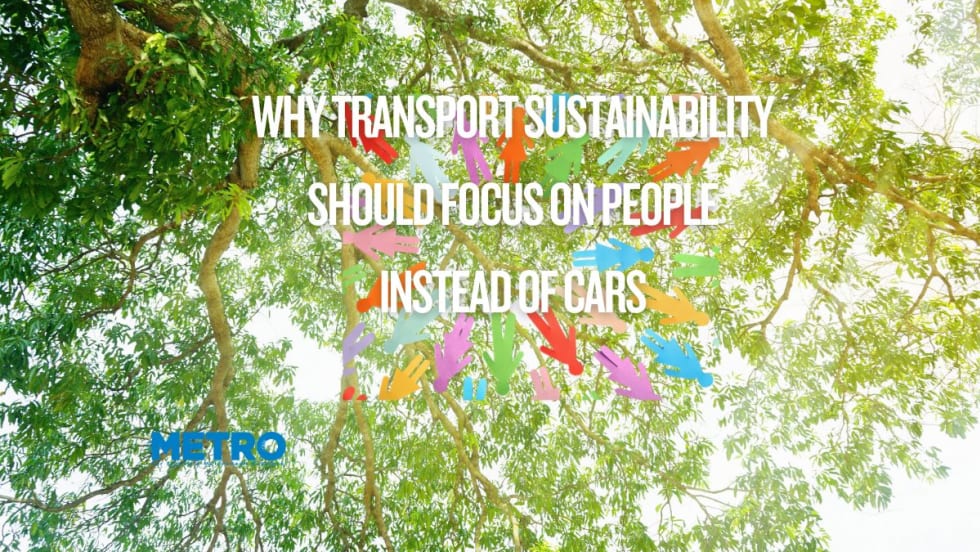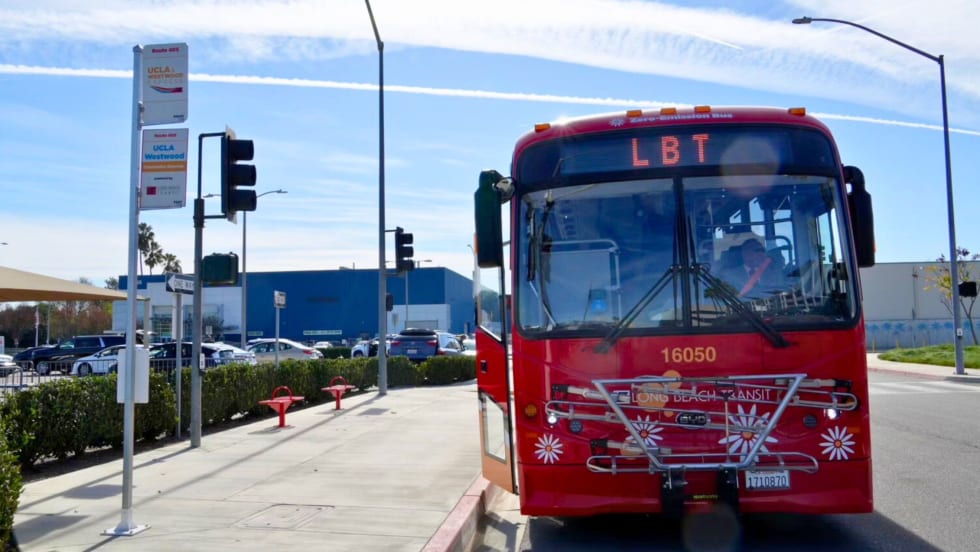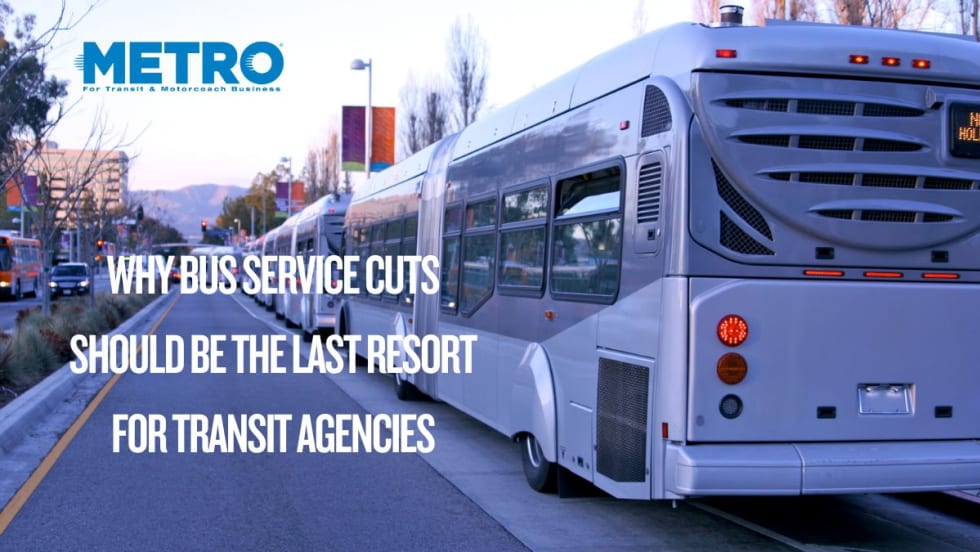Growth. What does it mean? To expand market share? To book as many rides? To acquire as many customers? To establish global hegemony? On top of that, how does growth translate to success? What are the Key Performance Indicators that define success, of which “growth” is a significant component? And by the way, what is “Growth versus Profitability” anyhow, and why is it so important in Silicon Valley?
Well, in the shared and micromobility domains, growth certainly does not translate to the standard business practices of financial performance and health, whether it be basic EBITDA (earnings before interest, taxes, depreciation and amortization), or the traditional financial health indicators: Liquidity, Solvency, Operating Efficiency, or Profitability.
Given that a high proportion of the start-ups in this sector have a high cash burn rate and are constantly in a VC fund raising mode, it just goes to show that growth (take as an independent KPI success factor) appears to trump all other variables when assessing the health and functionality of a business enterprise.
But why is it like this? Are startups and ventures in the mobility sector doomed for failure from the start? Is the growth model just a cover for quick schemes, designed to turn over a quick profit to the early investors and “angels?” And how sustainable is this model in the long run? How much longer can cities absorb the short-term whims of mobility ventures that rely on multiple funding rounds and series A/B/C cash infusions to stay afloat?
The answer to this once again comes back to cities. We really need to rethink the role of cities and how they serve as stewards for the public good (whether it be transport, environment, public health, safety, education, economic development, etc.). The reason for this is because cities can take a central role in determining their future and setting the policies and legal frameworks for startups and new market entrants in the shared mobility domain to financially and operationally succeed.
Given the past inability of cities to scrutinize the business models and massive VC subsidies necessary for the “launch” and “growth” of MSPs and micromobility operators, economic reality is finally settling in.
By contrast, in taking a more collaborative approach to integrating shared mobility options (as is now being successfully launched across multiple European cities), the long-term sustainability of such offers can be ensured, ultimately benefiting all stakeholders in the mobility ecosystem.
All stakeholders win when mutual partnerships are formed and cultivated between the public and private sector in shared mobility. We simply need to do a much better job of scrutinizing the business models and KPIs of startups and mobility ventures to better assess their viability in the urban ecosystem. Otherwise, we are doomed to see ever more “exits” in the sector, either through M&A, “market pivots,” or complete business shutdowns.
As cities are complex organisms, we cannot tinker with the long-term sustainability of transport and quality of life, based upon the whims of early investors. There is a better way to leverage the capital investments of Silicon Valley and China to deliver equitable mobility for our cities.














